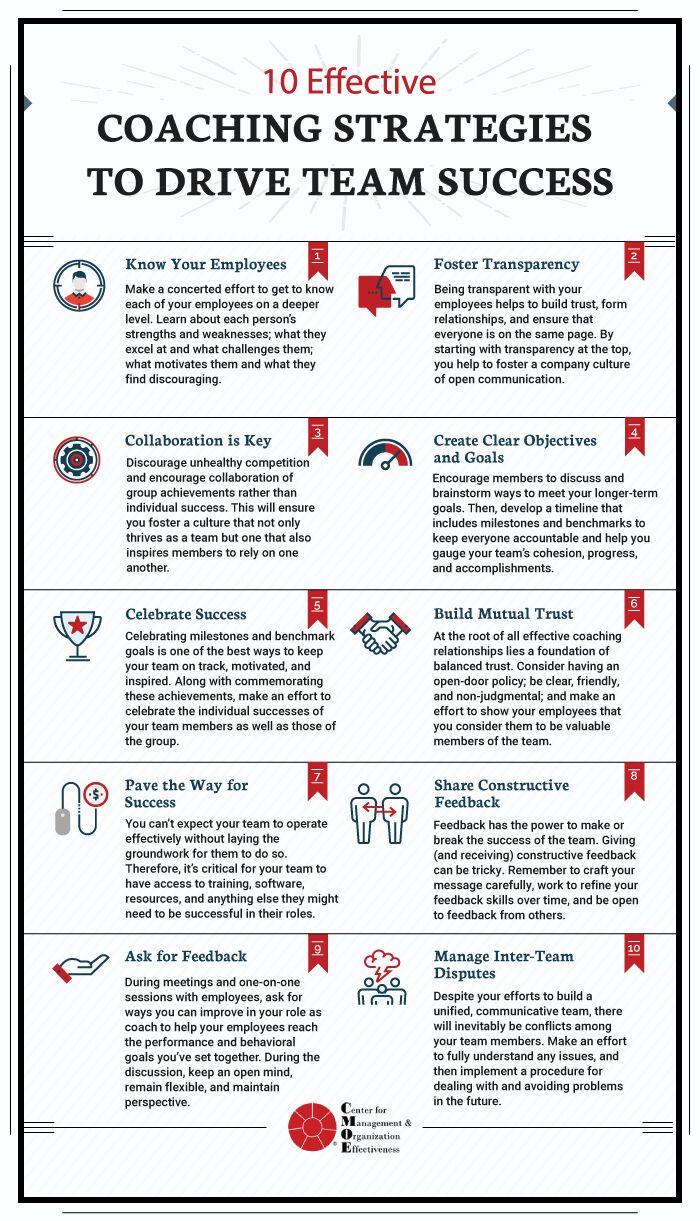In the bustling world of fitness, where sweat and determination converge, personal trainers often emerge as the guiding lights for those seeking transformation. With an infectious energy and a keen eye for potential, they push clients to achieve what once seemed impossible. Yet, as the fitness industry continues to evolve, a curious question arises: Are personal trainers placing too much emphasis on motivation tactics? This exploration delves into the heart of the matter, examining whether the focus on motivation is overshadowing other critical elements of personal training. By peeling back the layers of this complex dynamic, we aim to uncover the delicate balance between inspiration and instruction in the pursuit of health and well-being.
Motivation Versus Technique: Striking the Right Balance
In the realm of personal training, finding the equilibrium between motivation and technique is crucial. While motivation is undeniably important for inspiring clients to push through barriers, an overemphasis on motivational tactics can sometimes overshadow the essential technical skills required for effective workouts. Motivation is like the spark that ignites the journey, but without proper technique, the journey can quickly lead to injury or stagnation. It’s vital for trainers to ensure that their clients understand the “how” and “why” behind each exercise, fostering a sense of empowerment through knowledge.
- Motivation Tactics: Encouragement, positive reinforcement, goal setting.
- Technique Focus: Correct form, understanding muscle engagement, progressive overload.
By striking a balance, trainers can cultivate a holistic environment where motivation fuels the desire to learn and improve technique, ultimately leading to better results. This balance ensures that clients are not just temporarily driven but are equipped with the skills to maintain their fitness journey independently.

The Psychology of Fitness: Understanding Motivation Beyond Pep Talks
While motivational speeches and energetic pep talks have their place in fitness training, there’s a deeper layer of psychology that often gets overlooked. The drive to exercise isn’t solely powered by words of encouragement but is intricately tied to one’s intrinsic and extrinsic motivations. Personal trainers, in their quest to inspire, might sometimes overemphasize these motivational tactics without addressing the underlying psychological factors that truly influence behavior.
Understanding the psychology of fitness involves recognizing that every individual has unique triggers and barriers. Instead of relying heavily on motivational speeches, trainers could benefit from focusing on aspects such as:
- Goal Setting: Helping clients set realistic, personalized goals that align with their values.
- Self-Efficacy: Building confidence in clients’ abilities to achieve their fitness objectives.
- Behavioral Strategies: Implementing techniques like habit stacking and reward systems.
- Mindfulness and Self-Reflection: Encouraging awareness of one’s thoughts and feelings related to exercise.
By shifting focus from mere motivation to these deeper psychological strategies, trainers can foster a more sustainable and self-driven fitness journey for their clients.

Navigating the Motivation Maze: Effective Strategies for Lasting Impact
In the labyrinth of fitness and wellness, personal trainers often find themselves at the crossroads of motivation and action. While motivation is undeniably a powerful catalyst for change, there is a growing concern that its importance might be overstated. Motivation is transient, often fluctuating with moods and circumstances, and relying solely on it can be a precarious strategy for achieving long-term goals.
To navigate this complex maze effectively, trainers might consider diversifying their approach. Instead of focusing exclusively on motivation, incorporating strategies such as:
- Goal Setting: Establish clear, measurable, and achievable objectives that provide direction and purpose.
- Consistency Over Intensity: Encourage regular, sustainable habits rather than sporadic bursts of effort.
- Accountability Mechanisms: Use tools like progress tracking and peer support to maintain commitment.
- Intrinsic Rewards: Foster a sense of personal satisfaction and enjoyment in the process, rather than just the outcome.
By expanding beyond motivation-centric tactics, trainers can cultivate a more resilient mindset in their clients, ensuring that their fitness journey is not only impactful but also enduring.

Tailoring Training: Personalized Approaches to Inspire and Empower
In the realm of fitness and wellness, the conversation around personalized training often centers on motivation tactics. While motivation undeniably plays a crucial role in achieving fitness goals, there is a growing conversation about whether it has become an overemphasized element in personal training. To truly inspire and empower clients, personal trainers might consider a more balanced approach that encompasses various aspects of training.
- Holistic Assessment: Understanding a client’s unique physical, emotional, and psychological needs can provide a more comprehensive framework for success.
- Goal Setting: Instead of relying heavily on motivation, trainers can focus on setting realistic and achievable goals that align with the client’s lifestyle and capabilities.
- Skill Development: Emphasizing skill-building and technique improvement can foster a sense of accomplishment and self-efficacy.
- Feedback and Adaptation: Regular feedback and the flexibility to adapt training plans can enhance the client’s journey, making it more personalized and effective.
By broadening the focus beyond motivation, trainers can cultivate a training environment that not only inspires but also empowers clients to take ownership of their fitness journey, leading to sustainable and long-lasting results.
